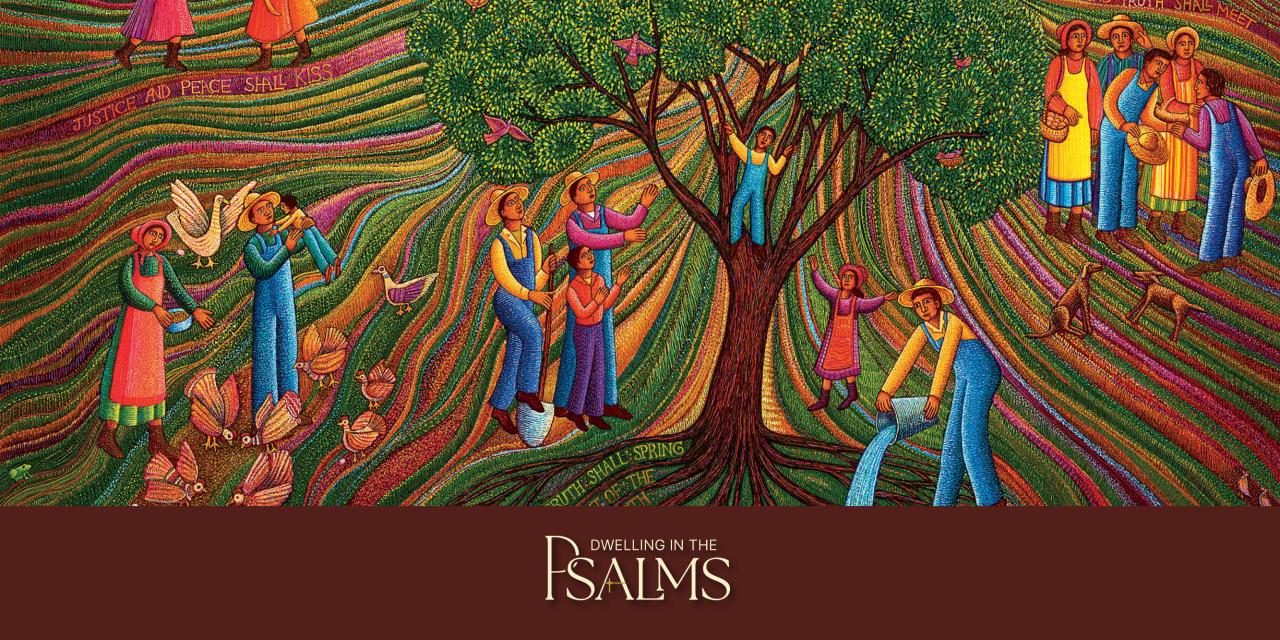Faith Formation in Worship
Faith formation is not just for children—all of us are shaped in our faith by the way we come to God in worship. This session considered what it might mean if we have a faith formation focus as we plan worship.
Forgotten Ones: Worship and Pastoral Care
Many people have a vision for pastoral care that takes place in homes, hospitals, and institutions, often in times of crisis. But the prime place for pastoral care is in the community gathered for worship, when all who are able gather under the care of the Good Shepherd, and those who cannot attend are still remembered and named.
Teaching Worship Leadership: Content and Context
Leading worship requires attending to the specifics of a worshiping congregation, and yet many classrooms tend toward the general. This workshop looked at a new multi-media resource documenting the life of one Chicago congregation and designed to be a kind of “flight simulator” for worship leaders. It explored teaching worship leadership with a dual emphasis on theological content and congregational context.
Worship, Suffering, and Justice
This workshop explored the phenomenon of vibrant worship in communities in which there is much suffering, and engages participants in discussions around meaningful worship in such settings. It also explored how social justice can be part of worship while keeping the focus on God.
A Theological Understanding of the Liturgy as the Work of the Spirit
The intimate connection between the Spirit and the Church has deep roots in Christian tradition, such that the liturgy, i.e., "the work of the people," is also the work of the Spirit. This presentation will explore the relationship of the Spirit to the liturgy in terms of the Trinitarian economy and the Orthodox doctrine of synergy.
Worship that Renews the Me and Transforms the Us
Drawing from their diverse ministry experience, Jim and Rose Dekker --in Latin American ecumenical and spiritual direction-- and Jonathan Bradford --in a U.S. urban context-- explored the biblical concepts of knowing Christ the servant and serving Christ the Sovereign Lord. All of life must really be worship.
Symposium 2009 - A Firm Foundation: Biblical Principles of Worship
Twelve principles were presented as a scriptural framework for thinking about, preaching and teaching on, and planning and leading corporate worship.
Symposium 2009 - Jesus: Our Worship Leader
This seminar explored the wonderful truth that when we gather, our living Lord is present and active in our midst?empowering, perfecting and leading our worship. Behind all true worship, regardless of its form or style, is the present mediating ministry of our Lord Jesus Christ.
When God Speaks Through You
Based on his book, When God Speaks Through You, Craig Satterlee explored how "holy and active listening"—listening for God's voice speaking in and through the faith community can occur when church members talk to one another and to their pastors about preaching—and especially the faith convictions they bring to the sermon, which influence both the preaching and what is heard.
Kaleidoscope: Shifting Perspectives of Faith Formation, Young People, and Intergenerational Worship
This session explored how our understanding of young people and faith formation ought to enhance appreciation for worship that is intergenerational. Drawing on current resources, ideas for promoting change and exchanging ideas will outline a strategy for promoting intergenerational worship.
Conversations Between Worship Leaders and Worship Technicians
This presentation addressed some of the wonderful possibilities of working well together as well as some of the pitfalls in the assumptions we make about sound in worship.
Bridging Cultures: Worship Renewal in Culturally Diverse Congregations
This panel of Worship Renewal Grant recipients --from First Christian Reformed Church, Hamilton, Ont.; Eliot Presbyterian, Lowell, Mass.; Rehoboth Christian Reformed Church, Rehoboth, N.M.; and Bridgeway Community Church, Haledon, N.J.-- told their stories of how they are bringing together worshipers of different cultures, experiences, and perspectives. They offered practical ideas of how visual art, music, and testimony can help people honor their heritage and grow in unity.

